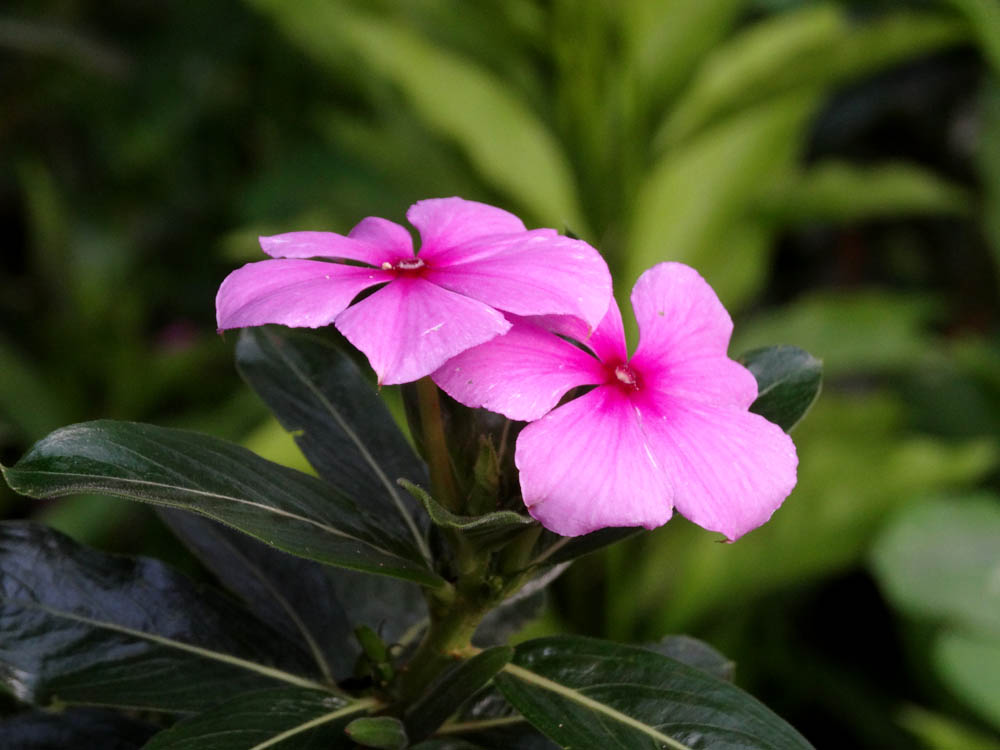 A degree in nautical technology was the first step in a journey that would culminate in a flower export business that has lifted the fortunes of the Nubian community at Kibera slums, thanks to the efforts of Mr. Ibrahim Talib.
A degree in nautical technology was the first step in a journey that would culminate in a flower export business that has lifted the fortunes of the Nubian community at Kibera slums, thanks to the efforts of Mr. Ibrahim Talib.
Having gone to Egypt to further his studies, Mr. Talib created a good relationship with the locals who had a penchant for Kenyan flowers and wanted to know how they could buy the flowers directly from Kenya. He became the contact man since he was a Kenyan and spoke Arabic well.
Knowing that this was a golden opportunity that would probably never come back, Talib went to the Internet to research on how the business works. By the time the client was contacting him, he was armed with contacts and price offers from Kenyan flower farms willing to do business with him. “Within 10 days I had four price offers. I entered into a deal with an Egyptian client but my first attempt at the business was very disappointing,” he recalled.
He exported 17 boxes each containing 5,400 stems of medium-head roses instead of bigger ones to the displeasure of the client. But the customer took the blame as he had not specified his requirements and duly paid for the order.
In flower industry jargon, the final cut stage is when the roses have fully blossomed. And that is how his flower exporting company Abdulmuttalib Holdings was born. It is located at Kibera’s Makina area, which is regarded as the slum’s central business district. Talib says Makina means getting together in the Nubian language.
After dealing with the Egyptian client Talib learnt the finer details of flower exporting. He has since developed close ties with Magana Flower farm which delivers most of his orders.
Most of his clients are in Arabian countries and they get his contacts from an online portal he has been operating since he opened business. Arab clients prefer big-headed roses and that is what he strives to export to them in various colours and varieties.
“Since right now I am working with recurrent clients, I know every week I must have 4,000 stems of roses on standby. There is always a possibility that the client might want more,” he says. On getting an order from the client, Mr Talib drafts a profoma invoice guiding the customer on payment and then does a purchase order to the flower farms.
As is the rule in the trade, the consignment should be made up of a mixture of rose petal colours. with 30 per cent of it being red. The other 30 per cent should be white and the remaining 40 per cent made up of all the other colours distributed evenly. Business is fast picking up and he plans to expand to other ventures, including trade in beauty products and fabrics.
While the business is still at its infancy stage, Talib who is the chief executive officer, says it can fetch a pretax profit of Sh120,000 in a good month. The high seasons for the business are in February owing to Valentine’s Day that is celebrated globally. In the Arabian market, March draws some good returns as the locals celebrate Mother’s Day this month. The days after Hajj and Ramadhan also offer some good returns.
Talib has four employees but hopes to employ more people as the business expands. He says if an investor comes forward with as little as $50, 000 his first step would be to establish a coldroom in Kibera where the flowers can be preserved. He would then use the rest of the money to employ more staff to run his business, he said.
“My aim is to improve the economic status of my community who have been marginalised for too long and denied opportunities to develop,” says Mr Talib who is currently studying for his Master’s degree.
He urges young people to think first before declaring there are no employment opportunities. He says he has seen people who started small making it big thanks to their patience and hard work.
“Let them think outside the box. As a matter of fact let the boxes not even exist. If you are serious you want to make something out of your life, then you will,” he advised the youth.
















Comments powered by CComment